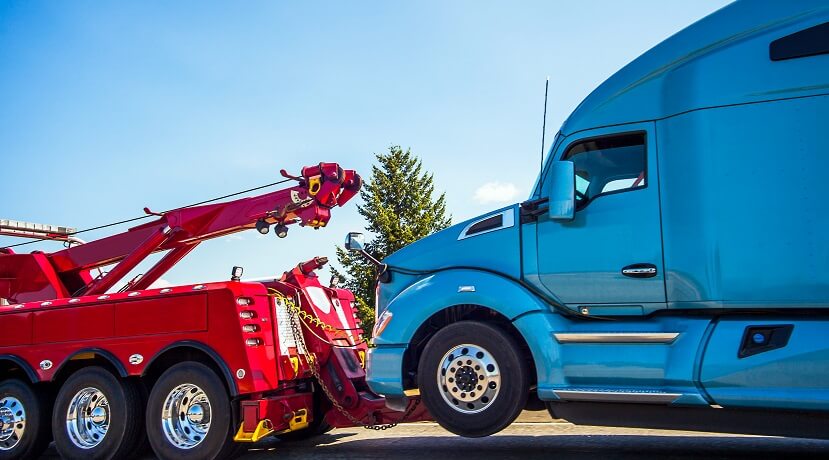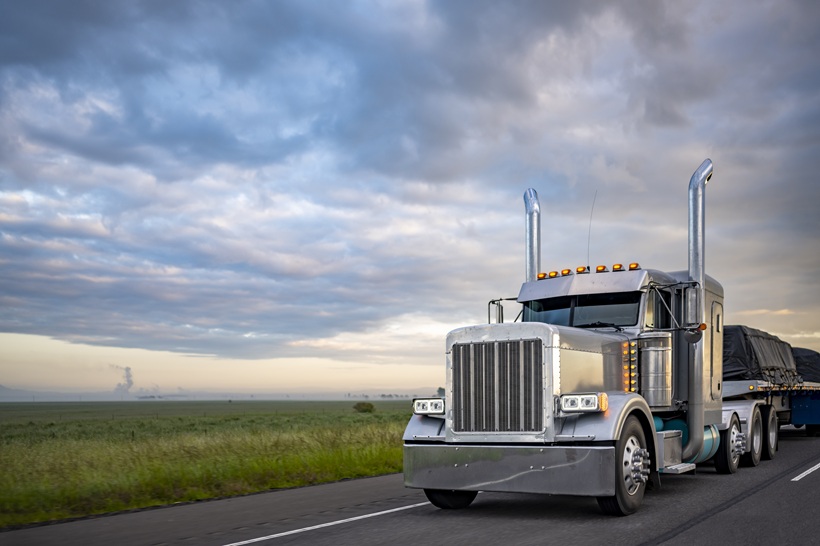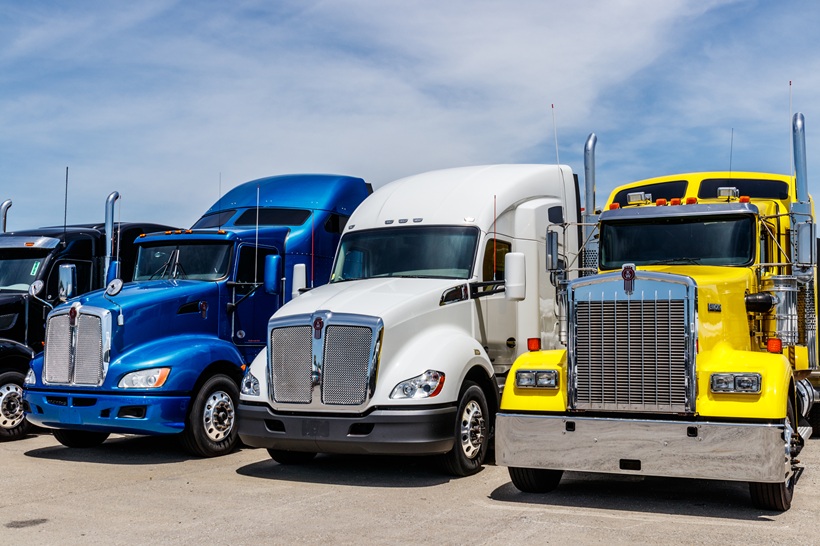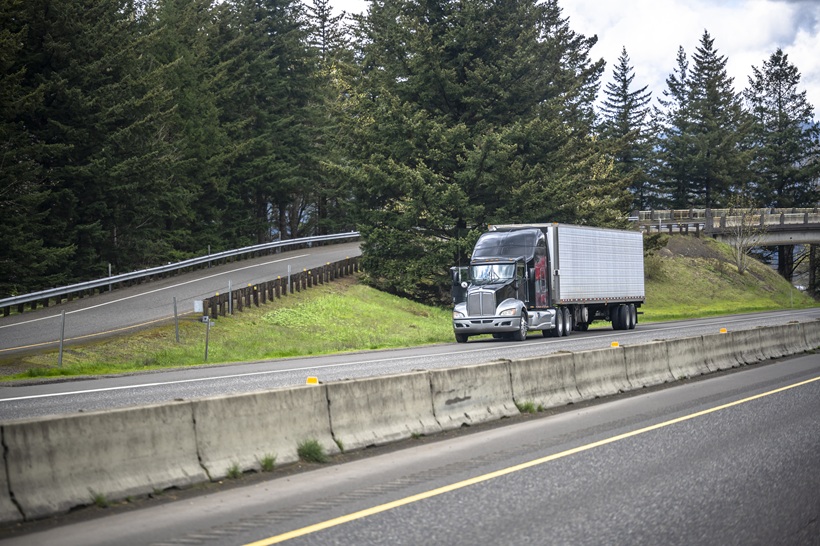
How the Trucking Industry is Fighting Predatory Towing
When commercial vehicles get towed while hauling freight, jobs and commerce are at stake. For carriers and brokers of many sizes, one missed load or incomplete trip can be margin-shattering at best and catastrophic at worst.
But on top of those pitfalls, towing companies may charge over six figures to move a tractor-trailer. And while $200,000 towing bills are not typical, the vast majority of carriers – 82.7% – have reported being overcharged by towing companies, according to a 2021 study by the American Transportation Research Institute.
Predatory towing fees and exorbitant bills have been an issue for several years in the trucking industry, but 2024 has seen states, the federal government, and industry groups take steps to protect carriers.
What’s been done this year to fight predatory towing?
In Florida, the state House and Senate unanimously passed legislation that requires towing companies to provide a rate sheet that lists all fees related to vehicle recovery, removal, or storage. Florida Trucking Association President Alix Miller called the passage “a huge victory for trucking in Florida, the trucking industry nationally, who have seen invoices as high as $200,000, and the motoring public, who fall victim to predatory towing companies.”
In April, Tennessee passed a law cracking down on towing companies that went so far as to boot or tow trucks with drivers on-site or in the cab.
Bills mandating greater price transparency and banning the process of nonconsensual towing have been filed in Missouri and North Carolina.
But proposals from the federal Department of Transportation (DOT) have garnered the most attention this year on the towing regulation front.
As part of the Federal Trade Commission’s (FTC) crackdown on “junk fees” and push for national towing transparency, the Federal Motor Carrier Safety Administration (FMCSA), which is part of the DOT, sought input on how it could effectively address the problem of predatory towing.
Groups that supported federal rules on predatory towing include the American Trucking Association and the Owner-Operator Independent Drivers Association, while towing industry associations and various small towing business spoke out against DOT/FTC rules.
But it was the American Property Casualty Insurers Association (APCIA) – who has a role in the industry through underwriting carrier insurance policies – that posed an especially effective argument for FMCSA towing rules. The APCIA mentioned that “towing and recovery companies have historically sued both state and local governments to invalidate any attempts to regulate the industry,” affirming the need for federal rules.
How can individual carriers push back against predatory towing companies?
But what if a truck has a wreck or breaks down in a place that doesn’t have transparent pricing and rules about towing? In that case, it pays to be prepared and have relationships with towers you can trust or that come recommended by your insurance company.
It’s also imperative that a fleet shares the name of preferred reputable towing companies with its drivers so they can inform law enforcement about the tower to be used. This will help the highway patrol or other authority on the scene to keep other, possibly predatory, towers from swooping in.
By not having to worry about towing when an accident happens, carriers can begin to put the pieces back together with dash cam footage that helps exonerate a driver from being at-fault and prevents a costly insurance rate increase.
You can help combat predatory towing, no matter where your fleet resides or travels
The trucking industry is making strides in combating predatory towing practices, but there’s still work to be done.
By staying informed, building relationships with trustworthy towing companies, and ensuring drivers are prepared for emergencies, carriers can better protect themselves from exorbitant fees. As regulations evolve, proactive steps will help fleets focus on what they do best — keeping freight moving safely and efficiently.
TL;DR
Predatory towing is hurting the trucking industry, with 82.7% of carriers reporting overcharges and some bills reaching $200,000. In 2024, states are fighting back—Florida unanimously passed legislation requiring rate transparency, Tennessee banned towing trucks with drivers present, and federal agencies are seeking input on nationwide rules as part of the FTC’s “junk fees” crackdown. While regulatory progress continues, carriers must proactively protect themselves by building relationships with trusted towing companies, sharing preferred tower names with drivers, and informing law enforcement about preferred towers to prevent predatory companies from “swooping in” during emergencies.



